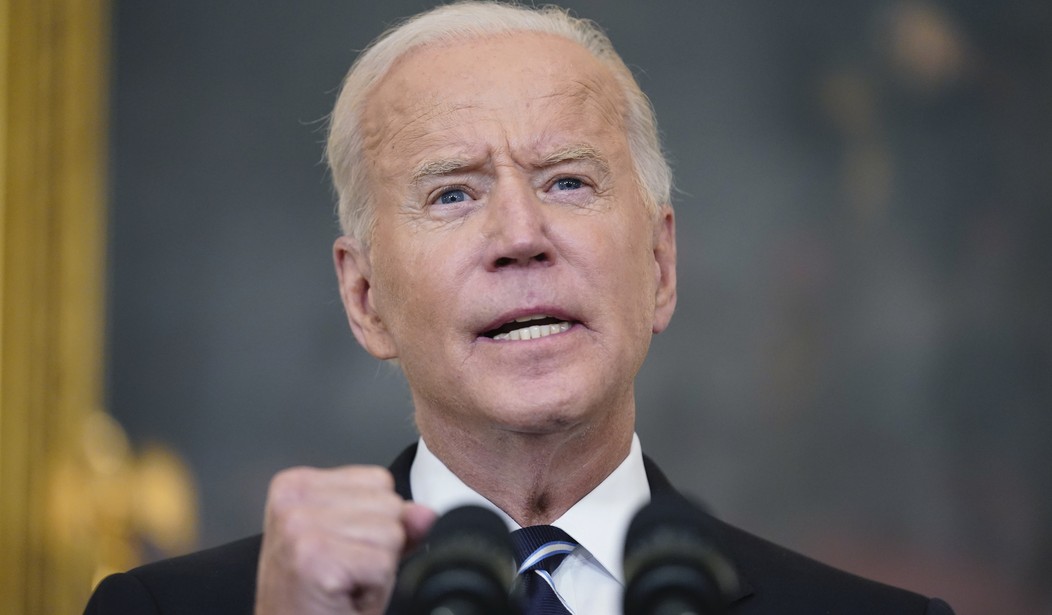After massive pushback from Republican lawmakers, community banks and everyday Americans, the Treasury Department announced Tuesday it has increased the threshold for the IRS to monitor accounts from $600 to $10,000.
"Having this summary information will help flag for the IRS when high-income people under-report their income (and under-pay their tax obligations). This will help the IRS target its enforcement activities on those who are actually evading their tax obligations—decreasing costly and burdensome audits for the vast majority of taxpayers who pay what they owe," Treasury released in a 'fact sheet.' "Under the current proposal, financial accounts with money flowing in and out that totals less than $10,000 annually are not subject to any additional reporting. Further, when computing this threshold, the new, tailored proposal carves out wage and salary earners and federal program beneficiaries, such that only those accruing other forms of income in opaque ways are a part of the reporting regime."
"Any additional reporting will be minor. As stated earlier, only total money into accounts and total money out of accounts will be reported to the IRS," the statement continues.
The White House continues to claim monitoring and snooping of accounts is needed for the IRS to ensure billionaires are "paying their fair share."
Recommended
DOOCY: "Is the plan to catch billionaire tax-cheats by snooping on accounts that just have $10,000 in them?"
— Townhall.com (@townhallcom) October 19, 2021
PSAKI: "That's not exactly an accurate description, so let me help you with an accurate description of what is actually happening here." pic.twitter.com/Xmfb1P3tup
Just last week, Press Secretary Jen Psaki and House Speaker Nancy Pelosi defended the previous $600 proposal.
Psaki doubles down on Biden administration's proposal to have the IRS spy on almost every American's bank account pic.twitter.com/T8NxmmiQDe
— Scott Sloofman (@ScottSloofman) October 18, 2021

























Join the conversation as a VIP Member